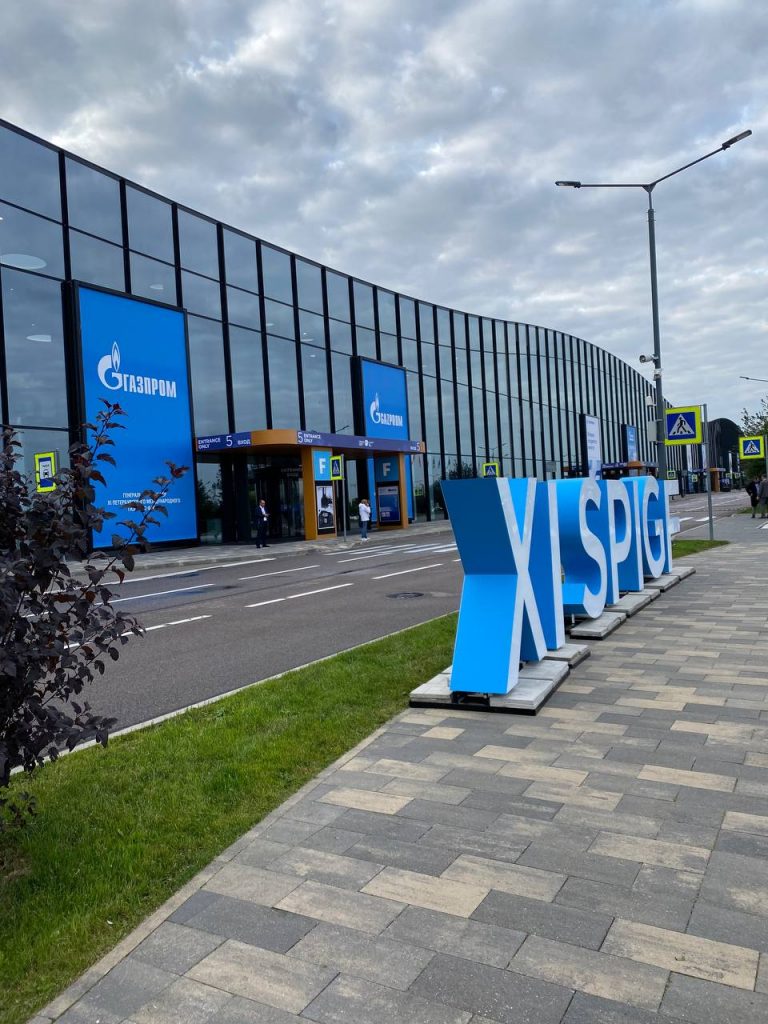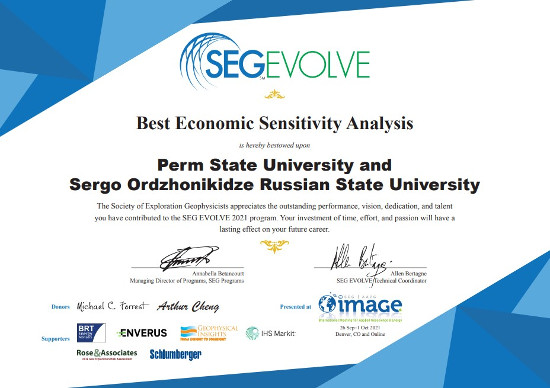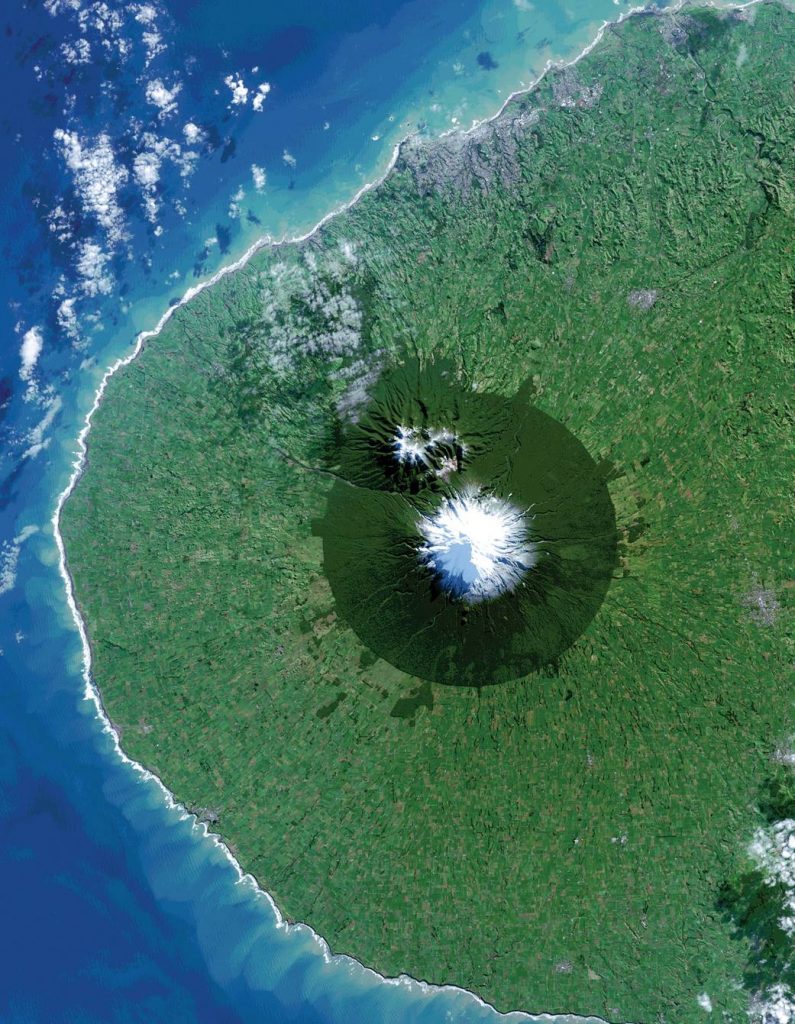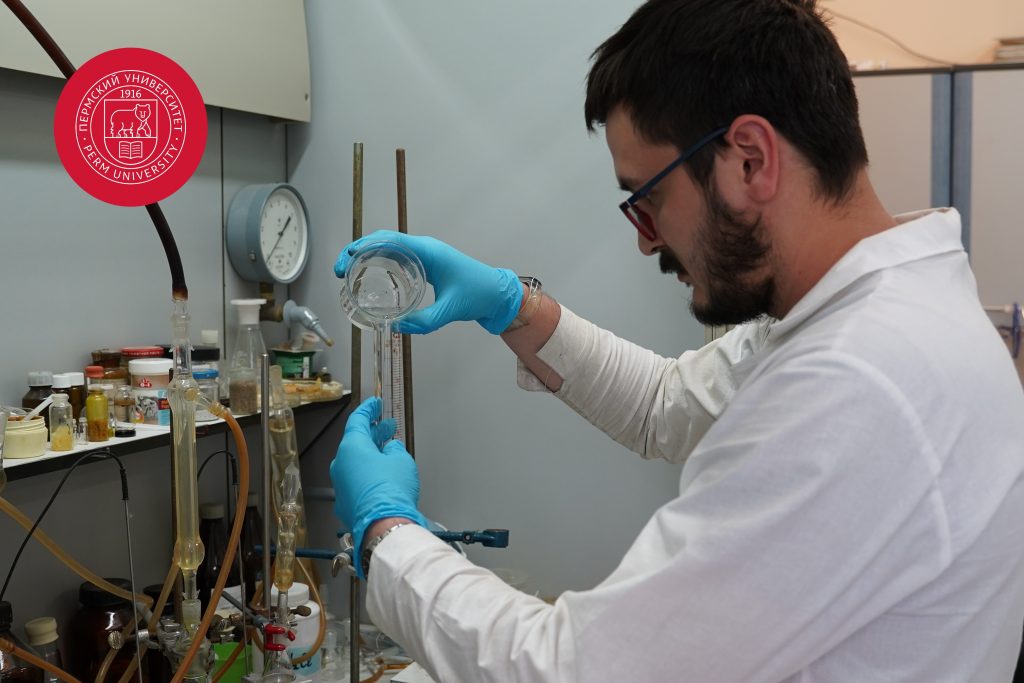PSU Scholars Present at St. Petersburg International Gas Forum
On 13-16 September, Perm State University (PSU) is participating 11th St. Petersburg International Gas Forum, presenting its research and practice activity in photonics and bioconversion, along with Perm Scientific and Educational Center “Rational Subsoil Use”.
Among the Forum participants are Professor Sergey Pyankov, Vice-Rector for Research and Innovation, and Anatoly Pankov, Research Engineer at the “Photonics” NTI Competence Center at PSU.
At the Forum, the “Photonics” NTI Competence Center at PSU has presented four types of specially coated optical fibers, resistant to high temperatures (up to +400’C) and electromagnetic radiation, which makes their effective operation in wells and mines. Also exhibited, were two kinds of optical signal modulators developed by PSU “Photonics” Center (https://ntiphotonics.ru/), and used as a signal source for transmitting information via optical fibers from mines and wells to control panels.
The developments of PSU scientists in biotechnology and bioconversion of oily waste are used to restore ecosystems after industrial accidents and in mining areas, across several Russian regions. In that field, PSU joins its efforts with the Laboratory of Alkanotrophic Microorganisms at the Institute of Ecology and Genetics of Microorganisms, Ural Branch of the Russian Academy of Sciences, which stocks the world’s largest collection of bacteria capable of oxidizing natural and anthropogenic hydrocarbons.
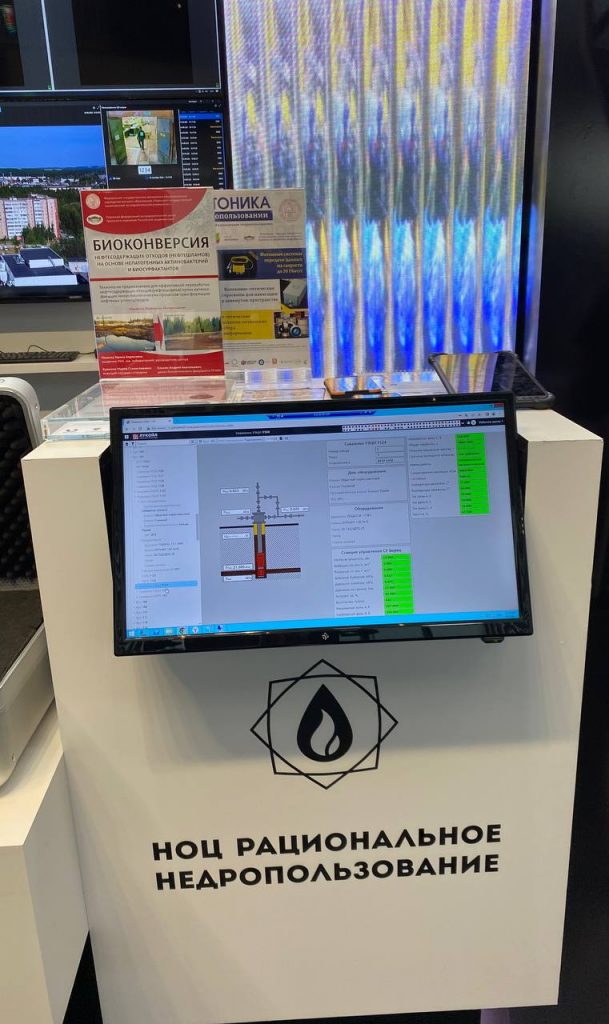
“The gas industry may rely on Russian science in the tasks of developing technological independence, as our scientists’ latest developments tend to prove. Here at the Forum, we are promoting photonics technologies that can be applied in advanced well monitoring equipment. Another direction is biotechnologies, which help in the rehabilitation of ecosystems in the mining area or industry-related accidents,”
said Pavel Ilyushin, Head of of Perm Scientific and Educational Center “Rational Subsoil Use”.
Rational Subsoil Use and Photonics at PSU
The Perm Scientific and Educational Center “Rational Subsoil Use” had been created within the national project “Science” by the President of the Russian Federation, aiming to create an ecosystem ensuring technological breakthroughs in subsoil use, attracting young and talented scholars.
Photonics is a dynamically developing area in science and technology, adjoining optics and electronics. Photonics uses photons rather than electrons to transmit data compared to electronics, introducing revolutionary change into entire industry. The solutions offered by photonics allow to increase the speed of information transfer and processing, reduce power consumption and provide a higher margin of competitiveness over electronic counterparts.
The annual income from the sale of devices and systems using photonics exceeds any expectations. While in 2019 the photonics market was valued at $686.86 billion, it is now expecting to reach $1080.3 billion by 2025.
